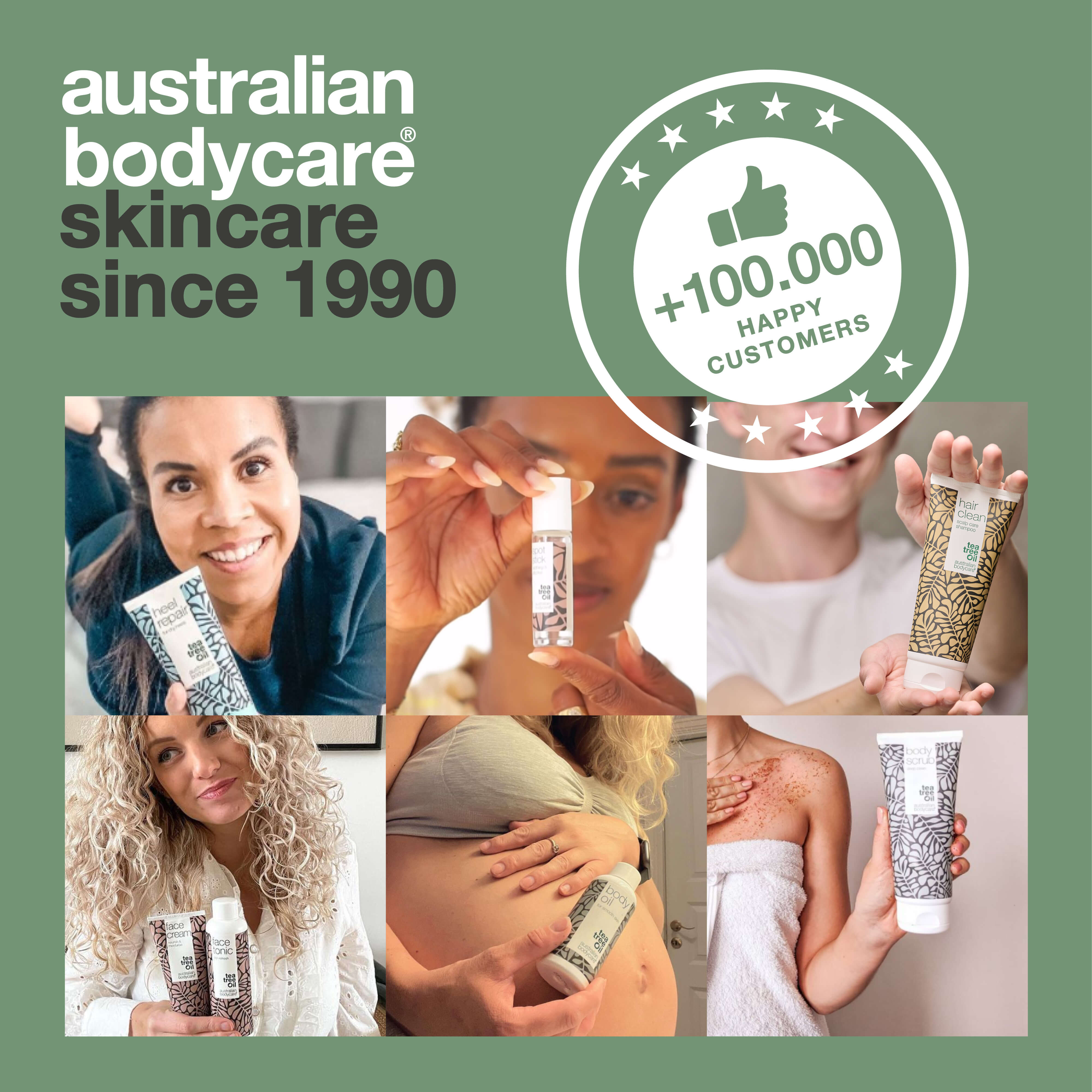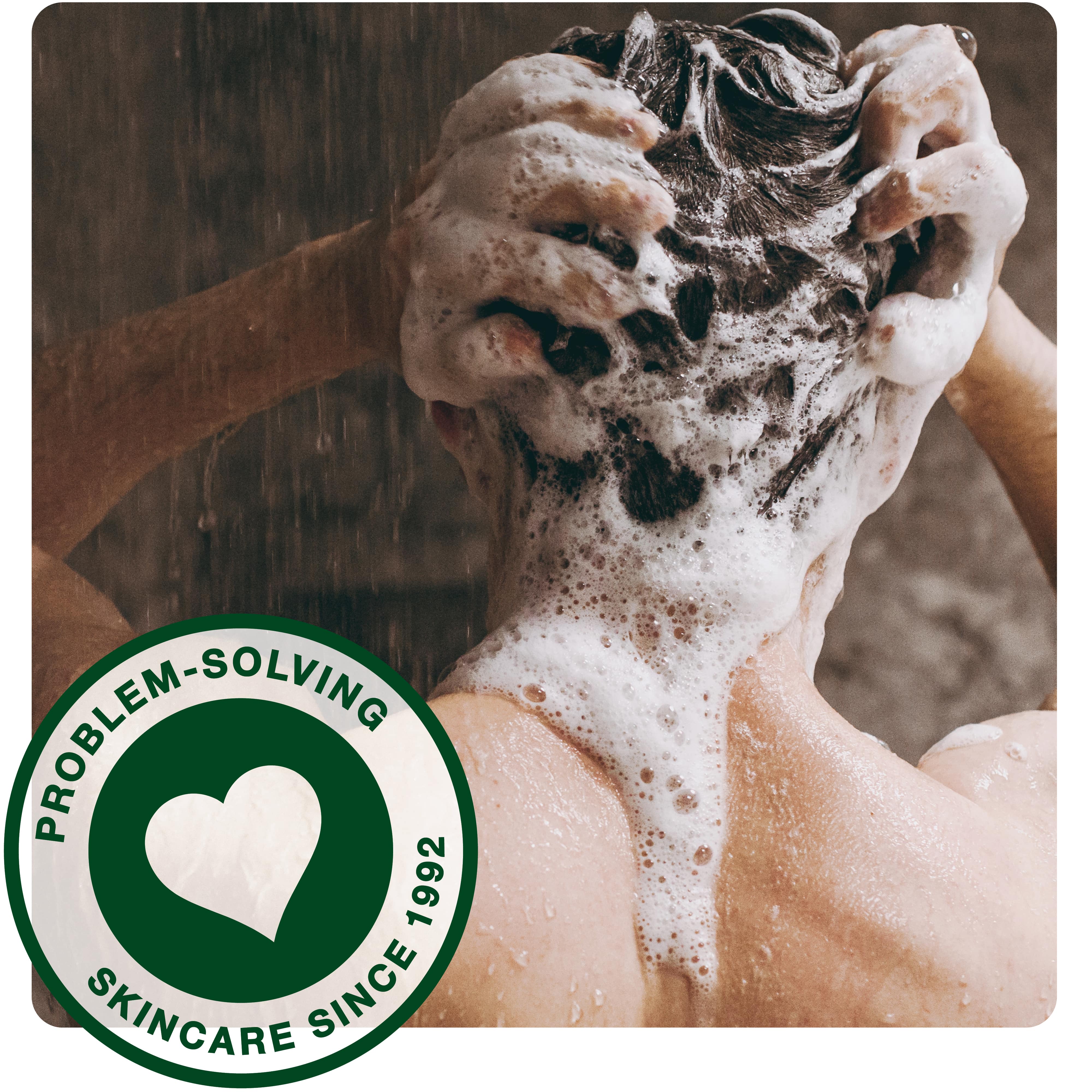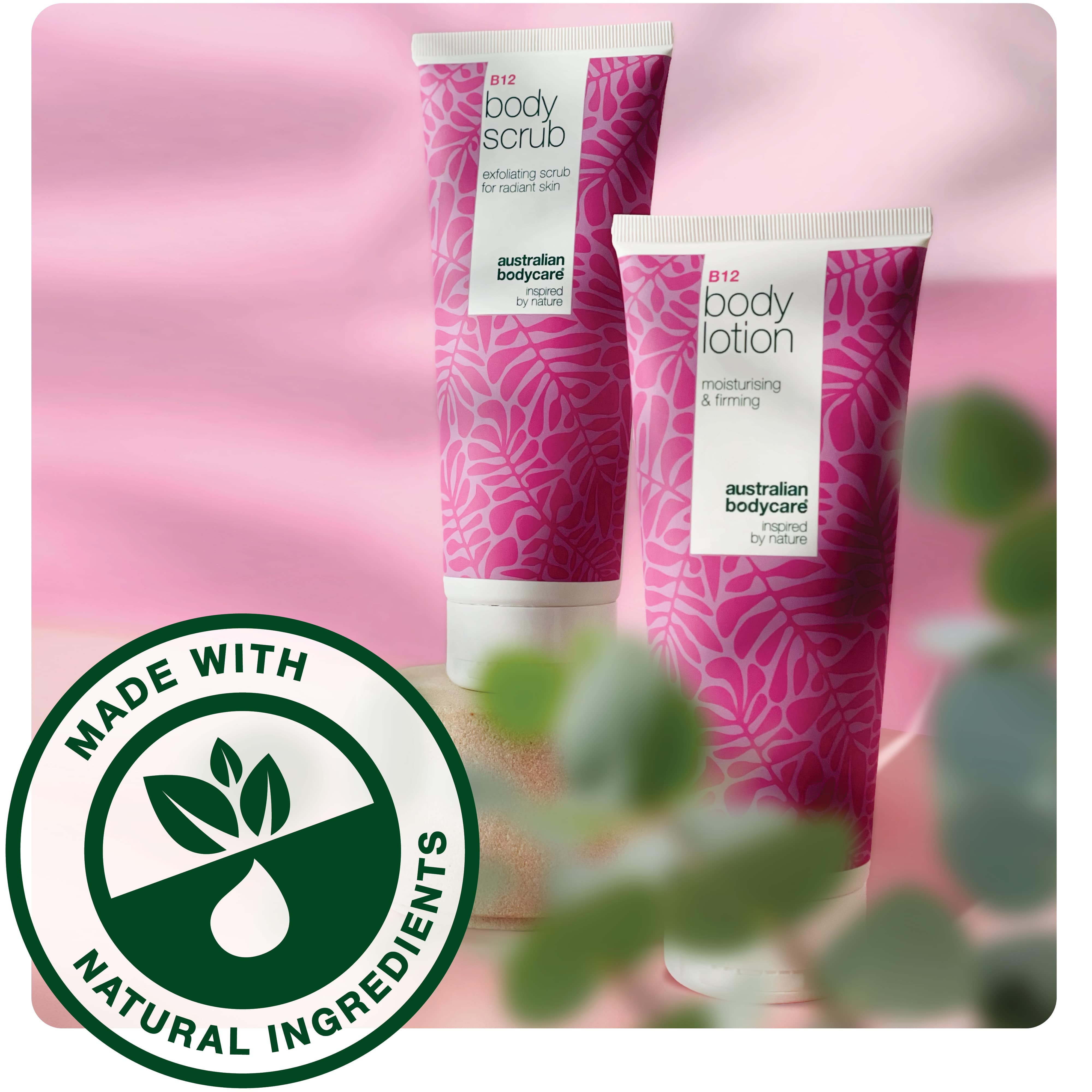Do you have problems with sore gums and gum disease? Would you like to maintain a healthy oral hygiene and get rid of dry mouth and bad taste in your mouth and tongue? Do you experience bleeding gums or other irritation in your mouth?
By using the soothing and caring mouth gel from Australian Bodycare, you can achieve healthy teeth and tongue and a gum-free mouth.
How do I use the mouth gel?
You should use the mouth gel 1-4 times a day for optimal effect. Squeeze about 2 cm of gel onto your finger, tongue or toothbrush and apply to the gums, teeth or tongue where you experience discomfort. Do not rinse off the mouth gel.
Avoid rinsing your mouth, eating or drinking for 30 min. after using the mouth gel for optimal effect.
Use the gel daily - up to 4 times a day - until the symptoms have subsided and then use the product preventively so that your problems don't return.
You don't need to brush your teeth before using the mouth gel, but it's a good idea to rinse your mouth with clean water before use.
We recommend brushing your teeth twice a day with toothpaste with Tea Tree Oil to prevent bacteria and ensure healthy oral hygiene. You can also consider a refreshing mouthwash to keep bacteria away and ensure good breath and a moisturised mouth throughout the day. We've gathered 4 oral products in one pack here, so you can quickly get started on improving your oral health.
You can use both gel, mouthwash and toothpaste for daily care of teeth, gums and tongue for bleeding gums, periodontal disease and fungus on the tongue or in the mouth.
Mouth Gel is suitable for use by adults and children from 6 years of age.
What does Mouth Gel contain?
Mouth Gel contains - in addition to the anti-bacterial Tea Tree Oil - moisturising ingredients that, among other things, alleviate and prevent problems with teeth, gums and tongue. Mouth Gel is also good for blisters in the mouth, sore gums or bad breath. Mouth Gel from Australian Bodycare relieves and prevents a wide range of problems with the tongue, teeth and gums.
Panthenol moisturises the mouth, making Mouth Gel ideal for those who suffer from dry mouth. Allantoin also helps to soothe the mouth, tongue and gums in case of irritation, so you can achieve a mouth free from dryness, bad taste and other irritation.
Mouth Gel is therefore an especially good idea if you're looking for a good care product for problems with:
- Bleeding gums, gingivitis and periodontal disease
- Dry mouth and irritation on the tongue and in the mouth
- Metallic taste in the mouth and bad breath
- Blisters and sore gums
- Fungal infection
Why is mouth gel with Tea Tree Oil beneficial?
You should choose a mouth gel with Tea Tree Oil if you have gum problems or other mouth problems. Tea Tree Oil is known for its anti-bacterial properties and will therefore minimise and prevent problems with teeth and gums with regular use.
Tea Tree Oil has been used in Australian folk medicine for more than 1000 years and is a key ingredient in our problem-solving skin, hair and oral care products. Naturally, Tea Tree Oil is also added to our mouth gel to ensure a healthy, bacteria-free mouth.
In addition to using mouth gel, it's important to remove bacteria and food debris from your teeth and gums every day. If sugar, plaque and bacteria are not removed daily, it can lead to cavities or sore gums, so we recommend that you also use a toothpaste with Tea Tree Oil and fluoride twice a day.
To prevent bad breath and dry mouth during the day, a mouthwash with Tea Tree Oil can be the solution. We recommend Mouth Wash to strengthen teeth and gums to reduce and prevent mouth and tongue problems.
Buy all 4 mouth products in one package here.
What do I do if I'm not satisfied?
In that case, you can of course make use of your satisfaction guarantee, which you are covered by if you have ordered the product directly from our webshop. If you have not experienced the desired results within 100 days of receiving the product, you will of course get your money back.
If you are unsure whether your discomfort is due to an underlying disease or if you are not experiencing improvement, you should visit a doctor or dentist to have your teeth, tongue, gums or other parts of your mouth examined.
Also read our guides on mouth problems:










